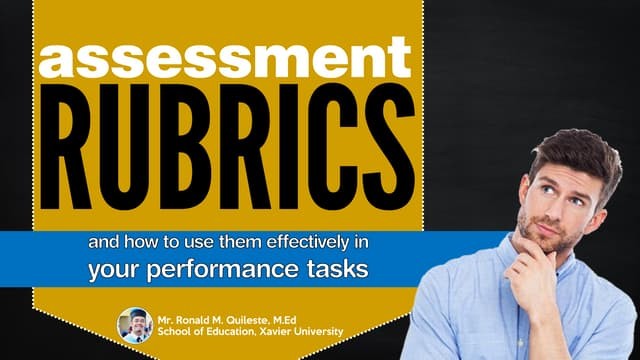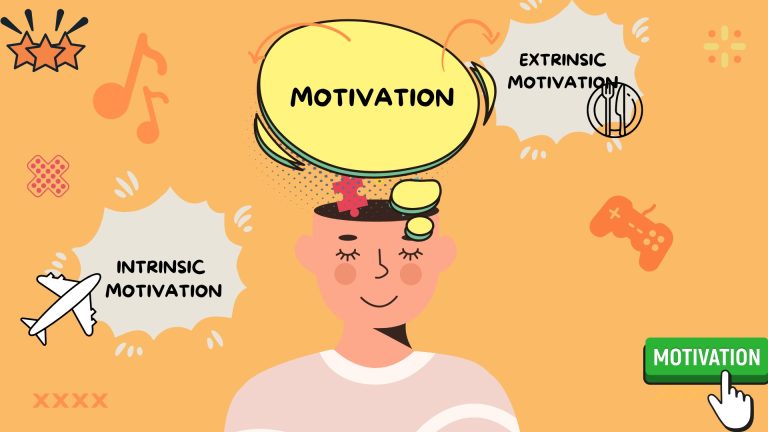The Educator’s Ethical Compass
In the world of education, decisions are rarely black and white. Every day, educators navigate a complex landscape of competing priorities, diverse student needs, institutional expectations, and societal pressures. What guides them through this terrain is not just policy or pedagogy—it’s an ethical compass. This internal guide helps educators determine what’s right, what’s fair, and what serves the greater good. It’s not a static set of rules, but a dynamic framework shaped by values, experience, and reflection. And while it may seem far removed from the business world, the principles behind an educator’s ethical compass offer profound lessons for leaders, managers, and organizations seeking to operate with integrity and impact.
At the heart of the educator’s ethical compass is a commitment to equity. Teachers understand that fairness doesn’t mean treating everyone the same—it means giving each student what they need to succeed. This requires sensitivity to context, an awareness of systemic barriers, and a willingness to challenge norms that perpetuate inequality. In business, the same principle applies. Equity demands that leaders look beyond uniform policies and consider how different individuals experience the workplace. It means designing systems that support inclusion, recognizing bias, and ensuring that opportunity is not reserved for the few. Educators model this every day, adjusting their approach to meet students where they are and advocating for those whose voices are often unheard.
Another key element is responsibility. Educators are entrusted with the growth and development of others, and that trust carries weight. They must balance authority with care, discipline with compassion, and structure with flexibility. Their decisions affect not just academic outcomes but emotional well-being, self-esteem, and future potential. This sense of responsibility is deeply ethical—it’s about stewardship, not control. In business, leaders face similar challenges. Their choices shape careers, cultures, and communities. When they act with a sense of responsibility—considering the long-term consequences of their actions and the humanity of those affected—they build trust and credibility. The educator’s example reminds us that leadership is not just about results; it’s about relationships.
Transparency is another cornerstone of the educator’s ethical compass. Students thrive in environments where expectations are clear, feedback is honest, and communication is open. Teachers know that ambiguity breeds confusion and that clarity fosters confidence. They strive to be consistent, to explain their reasoning, and to invite dialogue. In business, transparency is equally vital. Employees want to understand the rationale behind decisions, the metrics that matter, and the direction of the organization. Customers want honesty about products, pricing, and values. Transparency doesn’t mean revealing everything—it means being forthright, accountable, and respectful. Educators show that when people are informed and involved, they’re more likely to engage and invest.
Courage also plays a central role. Educators often face situations where doing the right thing is not the easiest thing. They may need to challenge outdated policies, confront injustice, or support students in the face of adversity. This requires moral courage—the willingness to stand up for principles even when it’s uncomfortable or unpopular. In business, courage is just as essential. It’s what enables leaders to make bold decisions, to speak truth to power, and to resist the pressure to compromise values for short-term gain. The educator’s courage is quiet but powerful, rooted in a deep sense of purpose and a belief in the potential of others.
Reflection is what keeps the ethical compass calibrated. Educators are constantly evaluating their choices, considering their impact, and learning from experience. They ask themselves hard questions: Did I act fairly? Did I listen well? Did I uphold my values? This reflective practice ensures that ethics are not just theoretical—they’re lived. In business, reflection is often sacrificed in the rush to execute. But without it, organizations risk losing sight of their principles. Reflection allows for course correction, growth, and deeper alignment with purpose. It’s not a luxury—it’s a necessity for ethical leadership.
The educator’s ethical compass is also guided by empathy. Teachers don’t just teach content—they connect with people. They seek to understand students’ lives, struggles, and dreams. This empathy informs their decisions, helping them respond with kindness, patience, and respect. In business, empathy is increasingly recognized as a core leadership skill. It enables better communication, stronger collaboration, and more meaningful innovation. When leaders empathize with employees, customers, and stakeholders, they make choices that reflect humanity rather than just efficiency. The educator’s example shows that empathy is not a weakness—it’s a strength that deepens impact.
Ultimately, the ethical compass of an educator is a model of principled decision-making in complex environments. It’s not about perfection—it’s about intention. It’s about striving to do what’s right, even when it’s hard, and being willing to learn along the way. For businesses, this compass offers a powerful framework for navigating the challenges of leadership, culture, and strategy. It reminds us that ethics are not separate from success—they’re foundational to it. When organizations build their own ethical compass, inspired by the wisdom of educators, they create environments where people can thrive, trust can grow, and impact can endure. In a world that often prioritizes speed and scale, the educator’s compass points us back to what truly matters: integrity, humanity, and the courage to lead with both.







